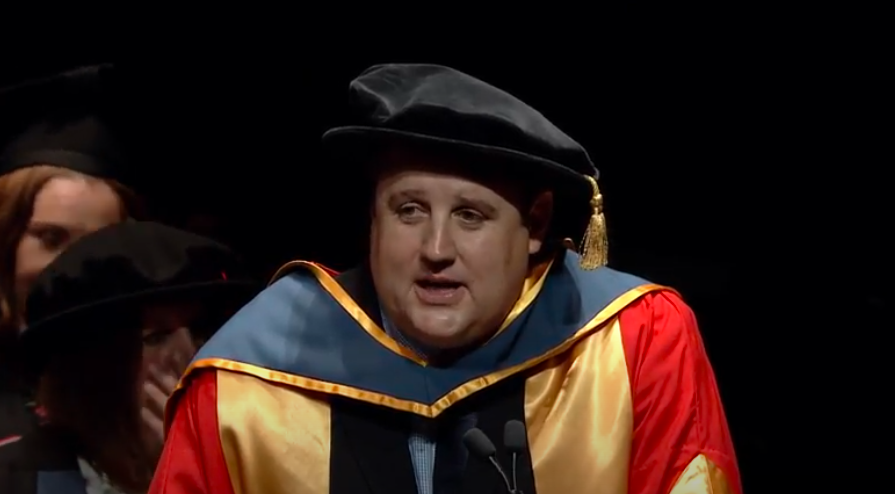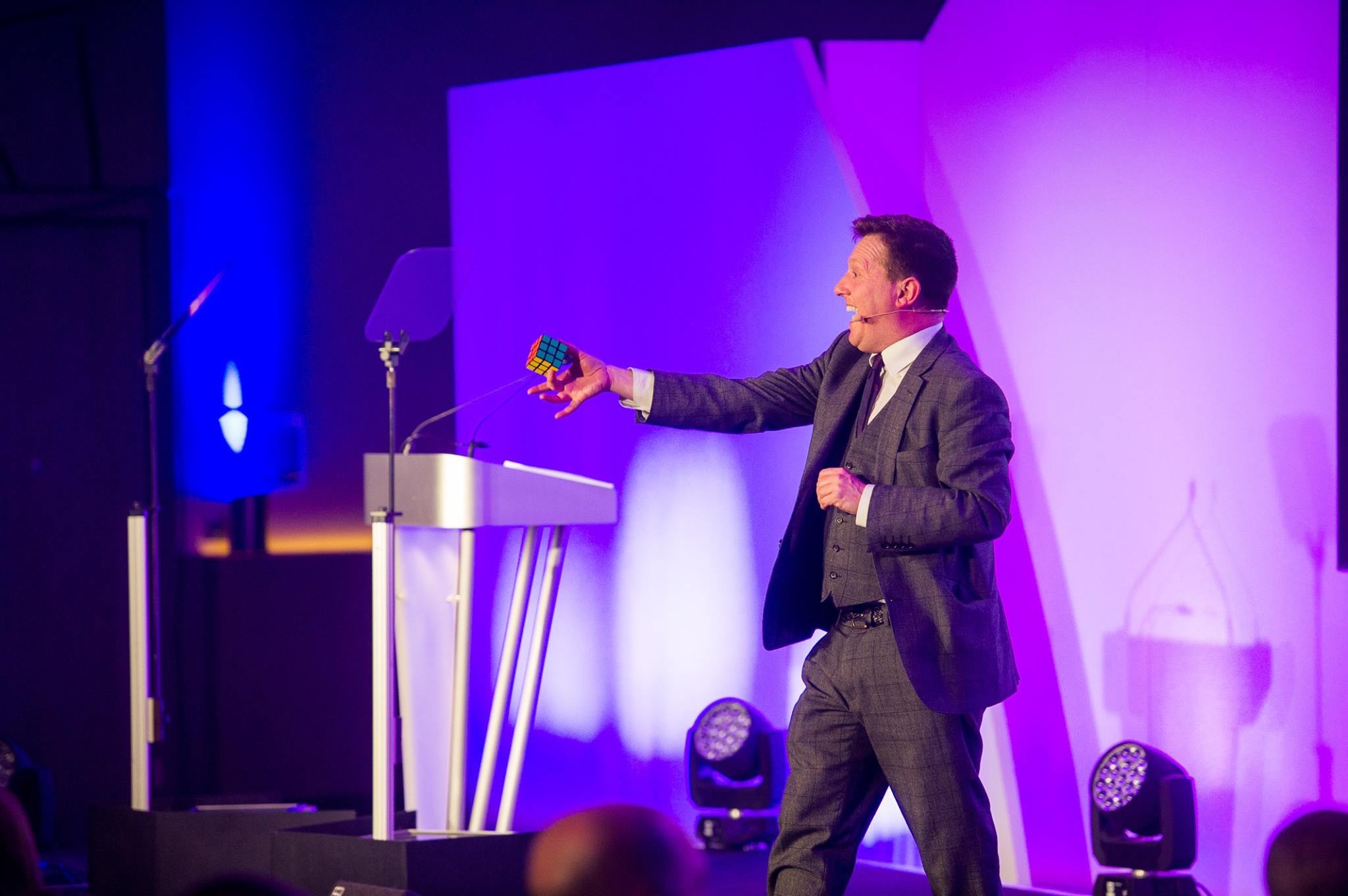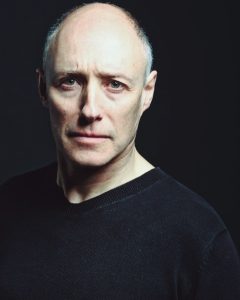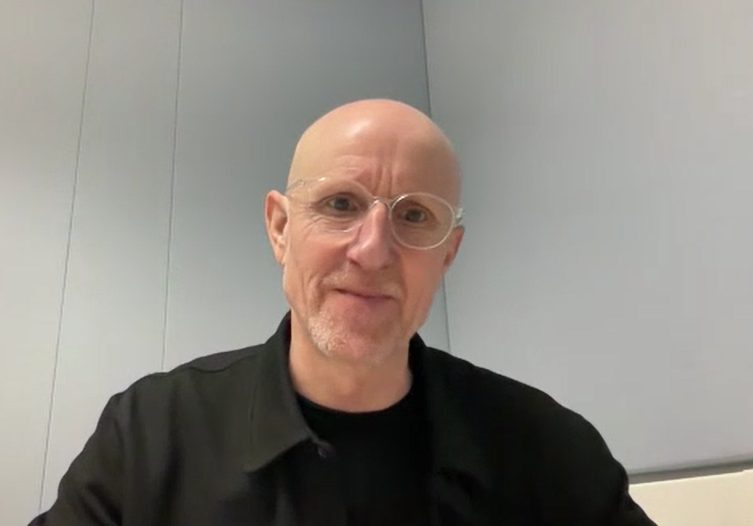
Peter Kay, Jason Manford and Stephen Tries are just a few of the comedy stars who attended Britain’s only comedy course that will soon be no longer.
Proud northerner and comedy legend Peter Kay said that he “wouldn’t have got into stand-up” if it wasn’t for The University of Salford.
It was at this university in the 90s where Peter took up the stand-up course/module in his second year.
The course gave him 10 minutes of material which he then entered the North West Comedian Of The Year awards with and won. He was then asked if he wanted to play clubs.
“I wouldn’t have had that but for Salford. I don’t think I would have gone into stand-up, I think I’d have carried on doing full-time jobs. I waited until I was 23 and I thought I needed to do what’s in my heart – and it weren’t working for Netto,” Peter admitted.
It has been announced this year that Salford University’s comedy course, which claims to be Britain’s only one, has to be cut due to a slow uptake in numbers.
It goes without saying that this isn’t the only creative course in the country that’ll have to go due to financial reasons. The surge in courses closing down isn’t expected to go down either, as the ministers announced earlier this month that they will cut funding for performing and creative arts courses at English universities next year.
The Comedy Writing and Performance course was brought about in 2012 as a spin off from Salford’s performance degree which nurtured and nourished Peter Kay and the top stand-up star Jason Manford.
It was Peter Kay who actually encouraged the successful magician and clown, Barrington Powell, to join the course.
Barrington now frequently flies to the Maldives to entertain A-list celebrities. He calls himself the “entertainer for entertainers”.

Barrington, 49, said: “I was basically homeless I had nowhere to go and I needed somewhere to live.
“I kind of went on Peter’s advice for a roof over my head but it ended up being the best thing ever.”
It was because of this course that Barrington went from living off £10 a week to buying his first house outright by the time he was 30.

Barrington was incredibly enthusiastic when I spoke to him over the phone about his old uni days. He even welled up on reflecting: “We had Lloyd who was just incredible and Denise and Roland Metcalf, who sadly, I’m going to fill up, who sadly passed away two years ago and those people really inspire you.
“So to have that taken away from Salford, I don’t think you would have got your Peter Kays.
“The comedian, especially your stand-up comedian, is your everyday philosopher; it’s basically looking at everyday life and turning it on its head.
“Comedy is the beating heart beat of our culture and society and without that, you haven’t really got an identity.
“If it wasn’t for comedy I just don’t know what I would have done.”
Lloyd Peters, 67, who taught different versions of the course since the 90s, said they “understandably” always had very few numbers due to the nature of the course.
“It’s like being naked on stage; it’s just you and your material,” he said.
According to Lloyd, the course originally came about at a time when the comedy genre was going through a sort of “renaissance” period.

Lloyd explained: “There was basically a hell of a lot more opportunities for people writing and performing comedy in the media than there was ever before.
“And that explosion kind of happened in the mid-90s after alternative comedy and punk. It seemed like a niche opportunity that had to be offered and if no one else was going to offer it, Salford was.
“Obviously, there are household names that have come out of the course but the greatest achievement was to give students confidence I think.
“For hundreds of students over the years who had taken the course, it was an amazing safe space, to experiment and not be judged.”
Senior Lecturer Richard Talbot, 56, was “very shocked” at the sudden decision to cut the course earlier this year.
He found out on Valentine’s Day this year and was initially “devastated”.
“It’s a very sad loss as there’s been a long tradition of comedy at Salford,” Richard said.
“Some people need us, they need us to work out the difference between what you find funny and what you can kind of sell as comedy. How you can find a way to put your ideas in ways that will work for an audience.
“So we help to sort of professionalise their comical ideas. We help the painfully shy people or the awkward people grasp that kind of moment when somehow comedy works as a mask, you hide behind your comic attitude and suddenly you feel free to speak.
“I understand why they’ve made the decision but it’s very difficult to see how we could of had any influence over those factors like recruitment as academics.”
Richard admitted that the current students were also very surprised by the decision to axe the course. According to Richard, the current students will still be able to finish their degree but are worried about the degree’s credibility once it’s cut.
“So that’s something we’ve had to think about, how do we keep the degree visible for people?” Richard added.
The comedy course at Salford University has shaped the lives of many. It gave clowns like Barrington a home and a career and helped mould comedy legends like Peter. It’s not for me to say what the course could have gone on to achieve, although I think its track record may speak for itself.













Recent Comments